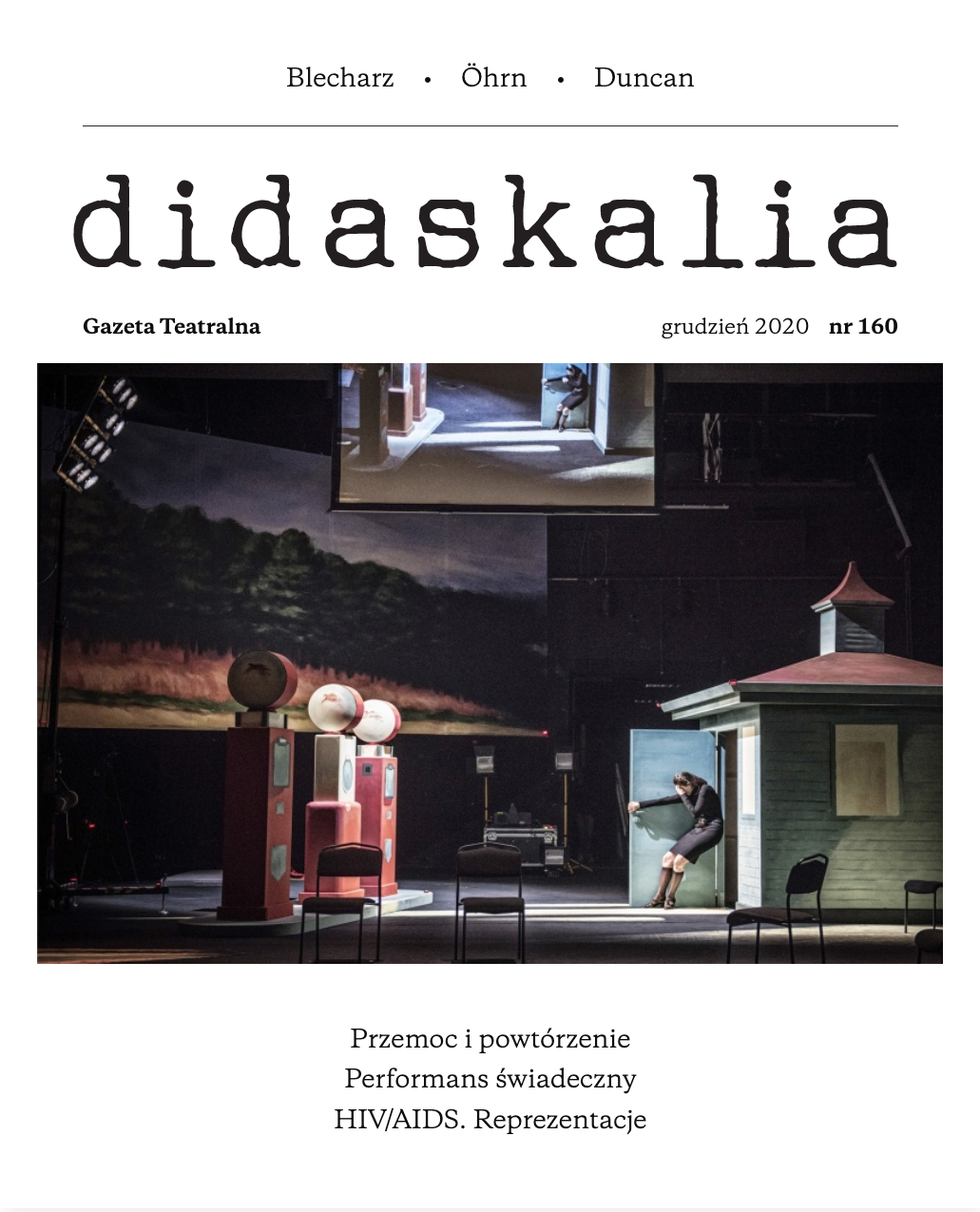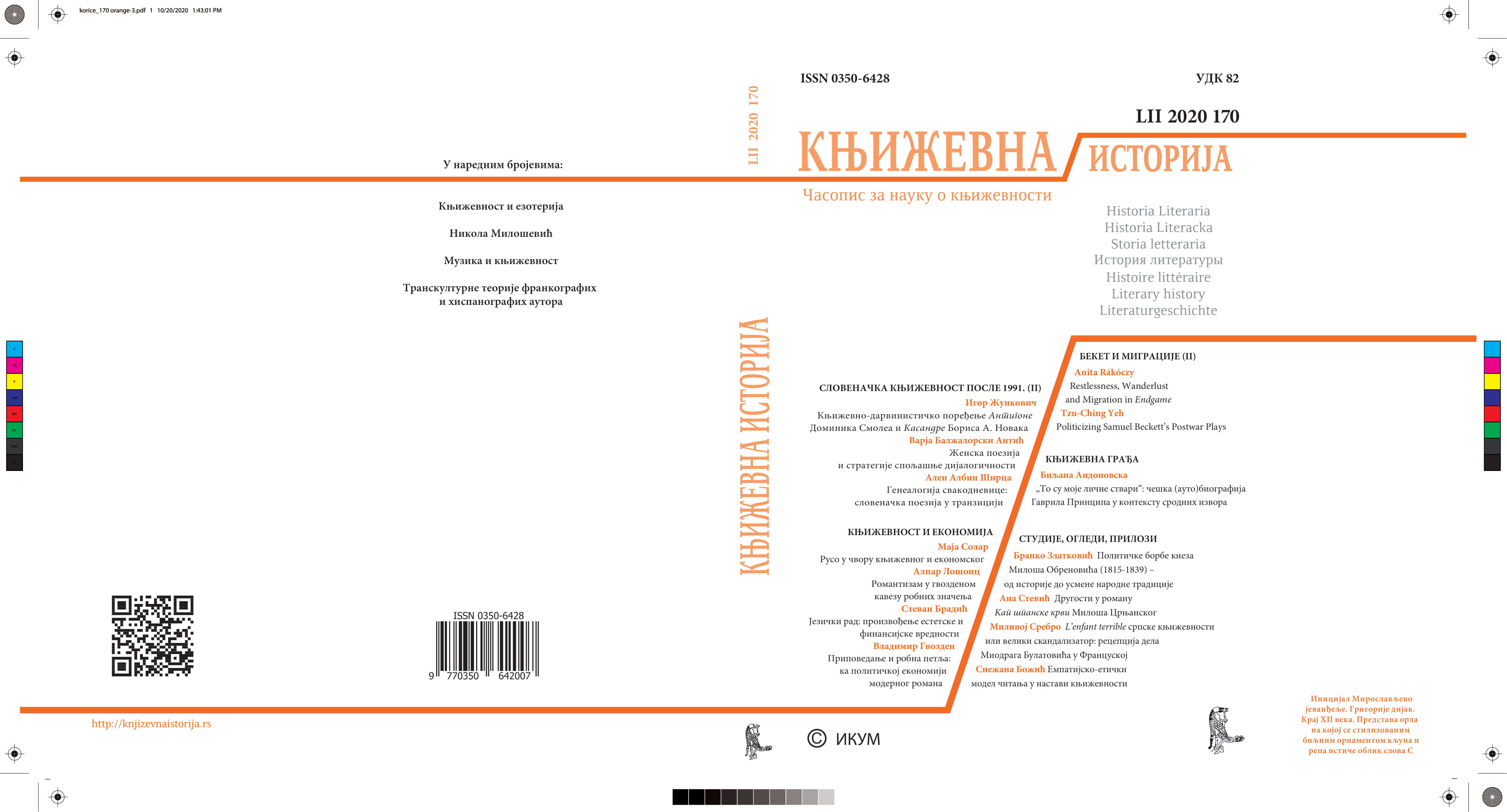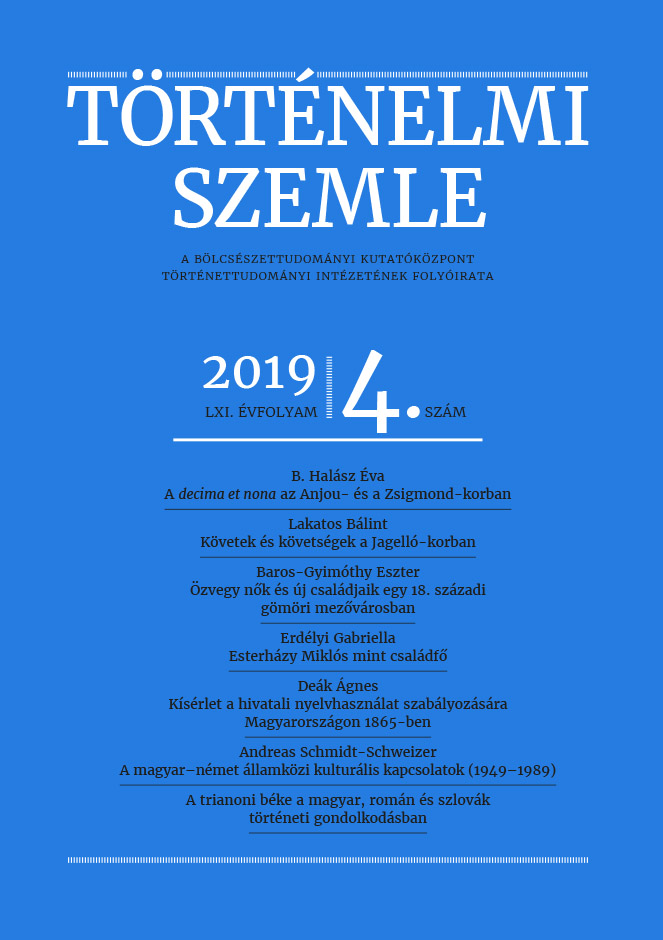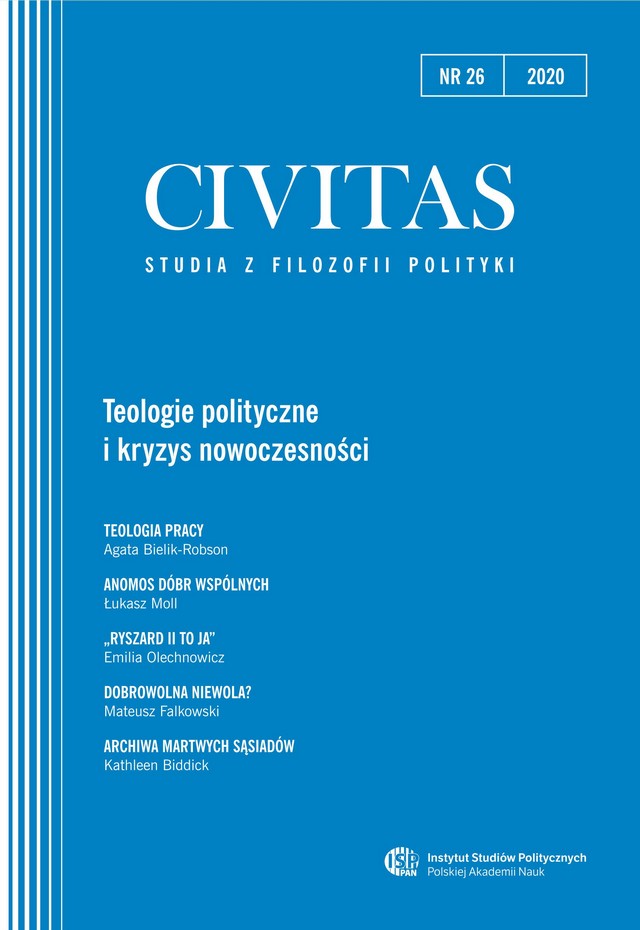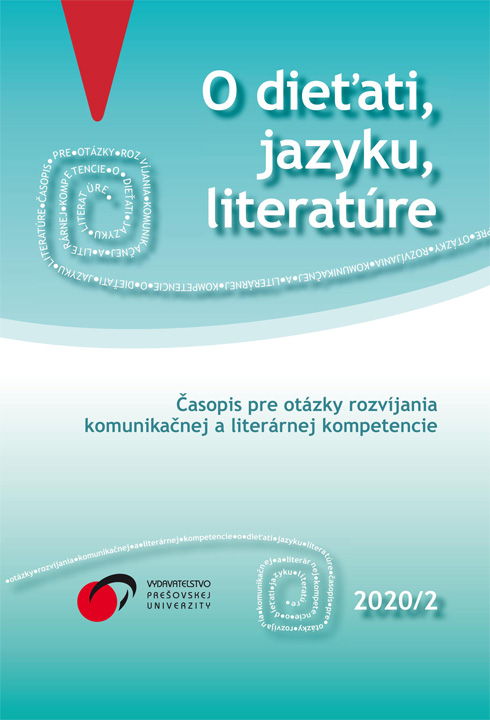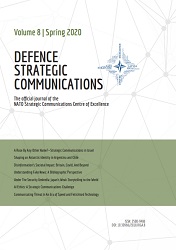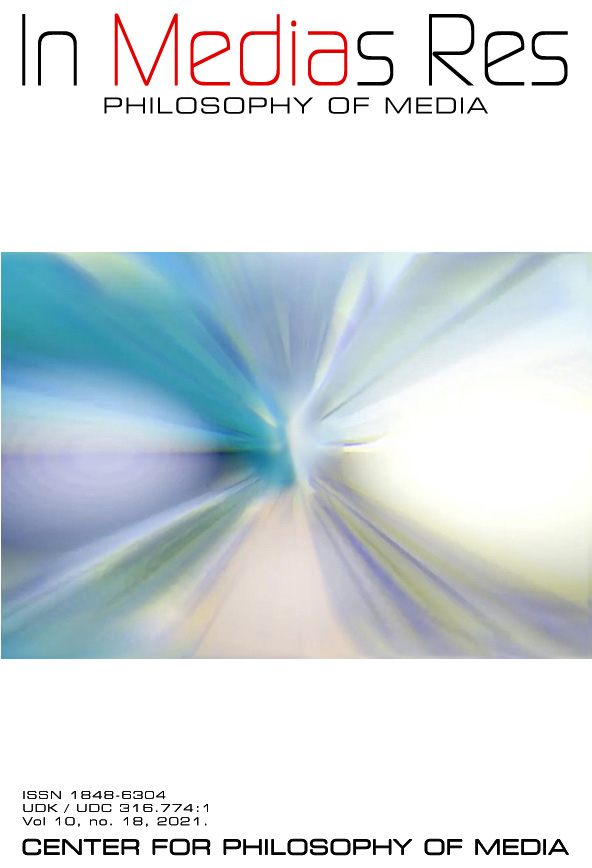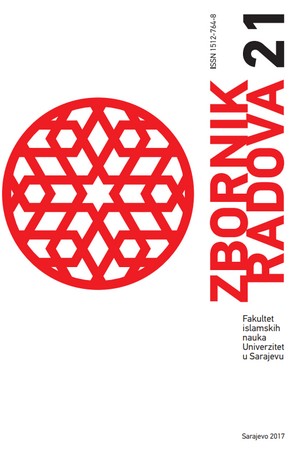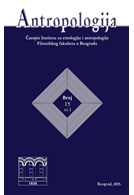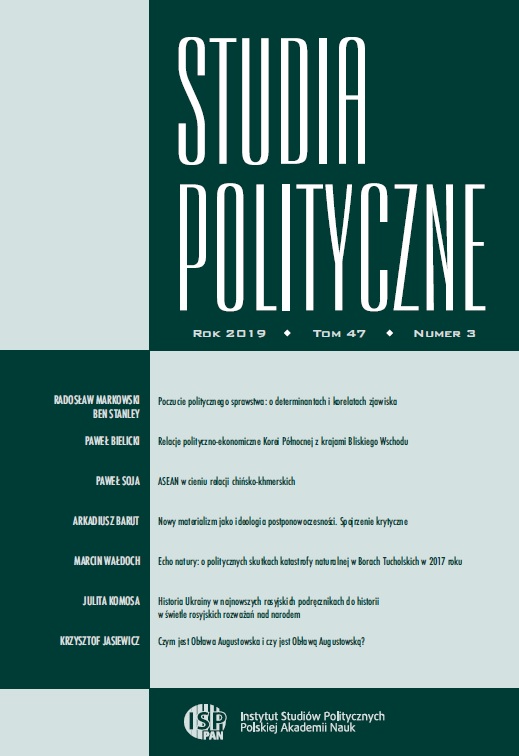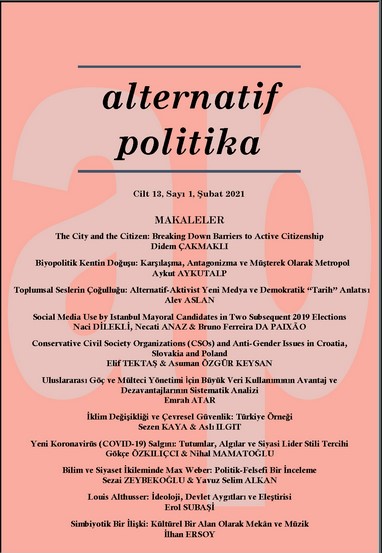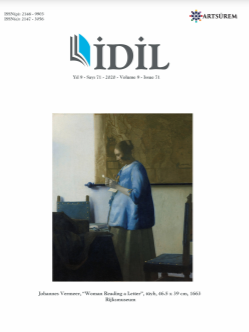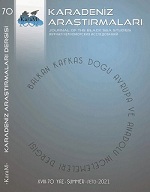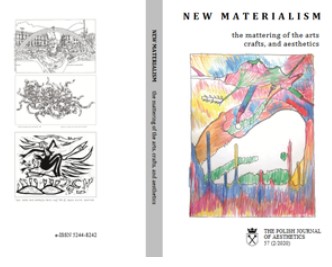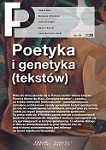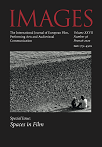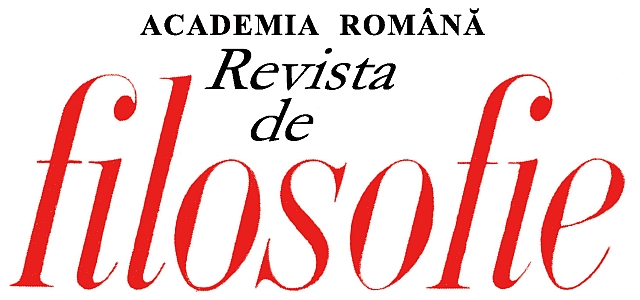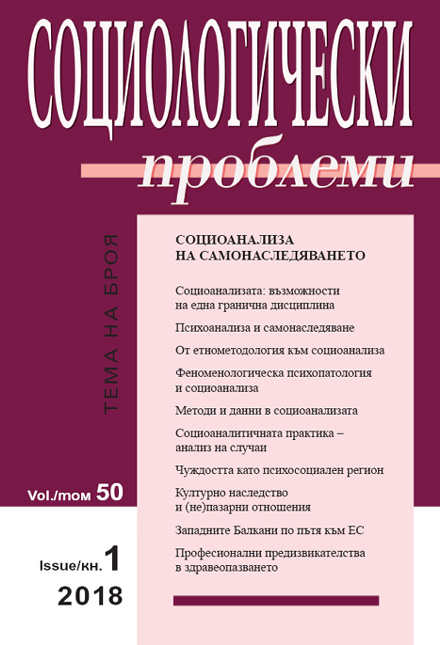
Socio-analysis of Postponement (the Case of Z.)
Социоанализа на отлагането (Случаят З.)
Keywords: socioanalysis; self-inheriting; postponement; negative investment; proximity
The article proposes a socioanalytical examination of a case of positional social suffering – that of Z. The introductory part presents the prerequisites for the analysis. Attention is paid to the situation of proximity by friendship between the analyzed and the analyzer by pointing out some of the methodological peculiarities resulting from it. The first part of the exposition presents the socioanalytical profile of Z. In it the concept of postponement – a characteristic feature of the case – is presented as a specific type of negative investment which blocks the ability of successful self-inheriting, leading to a particular affective dynamic, but not to a loss of the illusio. The second part looks at the structures of intersubjectivity, with an emphasis on communication during the sessions. It presents various aspects of Z’s syndrome and an attempt is made to understand them through a socioanalytical method which is distinguished from that of psychoanalysis. The conclusion gives a brief of observations on Z. made in the months following the completion of the sessions, along with reflections on their therapeutic effect.
More...
